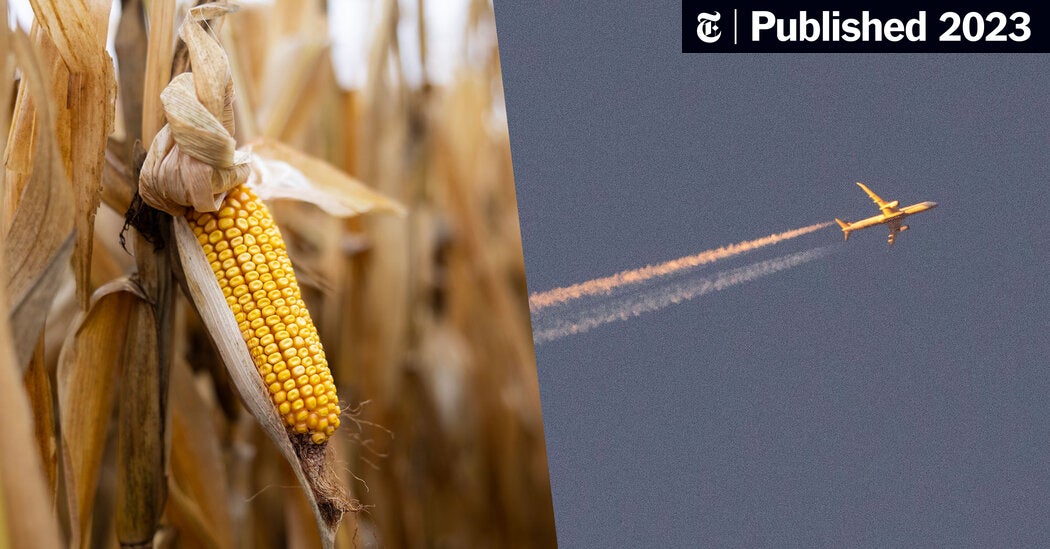The link is to a year-old article that helped me decide not to pay Alaska Airlines’ voluntary SAF carbon mitigation fees. I’m still not certain about the right choice, and would like to hear your thoughts on the matter.
The big picture includes acknowledgement that there’s no such thing as ethical consumption within capitalism, so in some ways this choice is entirely irrelevant. Also that flying is by far the most polluting form of transportation per passenger mile so we should each minimize doing it. Finally that flying has the most challenging logistics of shifting energy sources, fundamentally because batteries are heavy.
Alaska offers me a choice during the checkout procedure to contribute to SAF accounting for between 5% and 20% of the fuel that my flight will use, but it has nothing to do with the fuel actually consumed by my flight. They are already buying some amount of SAF and using it in their SFO hub only, so the program is hand waving about the fungibility of fuel consumption. Really they’re just offering me the opportunity to donate money towards their SAF usage, indirectly supporting the growth of the SAF industry.
It seems to me that the whole SAF industry is currently greenwashing bullshit, piggybacking on the big lie from the past few decades that adding ethanol to automotive gasoline is “sustainable” in some meaningful way. But that ignores the water usage depleting aquifers at an accelerating rate, necessary fertilizer use and soil depletion, using food-producing acreage for fuel instead, energy usage in planting/harvesting/refining/distilling, and so on.
Please validate my choice not to donate to the current state of SAF, or provide links to interesting reading that supports your claim otherwise.



Individual actions and decisions about your day to day living will never effect this. Only laws and regulations can. Push your elected officials to do things. That will have a Much bigger effect.
“What’s your carbon footprint?” Was a bullshit marketing tactic to dodge responsibility by pushing it on to others.
I understand this take–it’s what my dad always said: why put low-flow toilet in his house when most water is wasted industrially, it’s just theatrics, whatever.
But, I hate it. And the whole “virtue signaling” thing. Yes, we sometimes communicating our values through performance. We also demonstrate our commitment through real changes in our habits and life choices, even when the results don’t add up to much.
In the end we are asking representatives and leaders and business owners and little VPs of whatever to stand up for these same values and the fact is each of them can make the same excuse as my dad: sure, I could put up a sign to say “bring your own take home container” but look at those boxcars full of Styrofoam every day – it makes no difference.
What I saw with carbon footprint is business starting to cater to people who wanted to avoid unnecessary plastic, live or work in efficient buildings, etc. Now I feel like things are snapping back as the pressure from consumers is off. The plastic in grocery stores is for me the most visible thing-- it’s just gone crazy.
In many ways, you are free to live in compliance with the laws you seek now. And doing so helps prove it is possible, enjoyable, and popular way better than whatever letter to the editor you are planning to write.
Thank you!
It is important to normalize individual actions for sustainability, the more we see people bringing food containers, avoiding plastic in groceries, walking, biking, choosing a low impact life when possible, the more other people will consider to act like this.